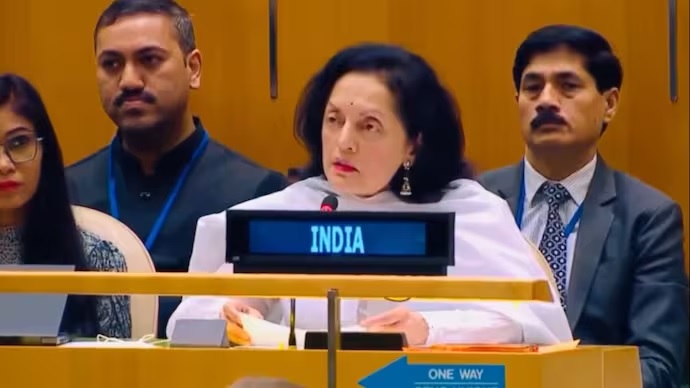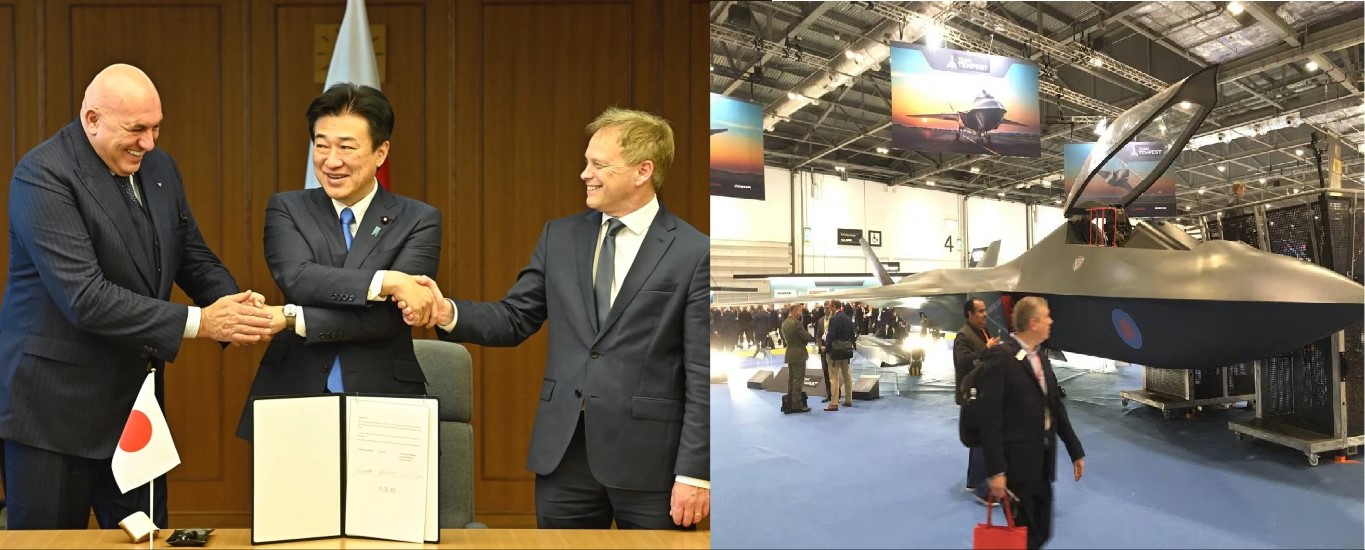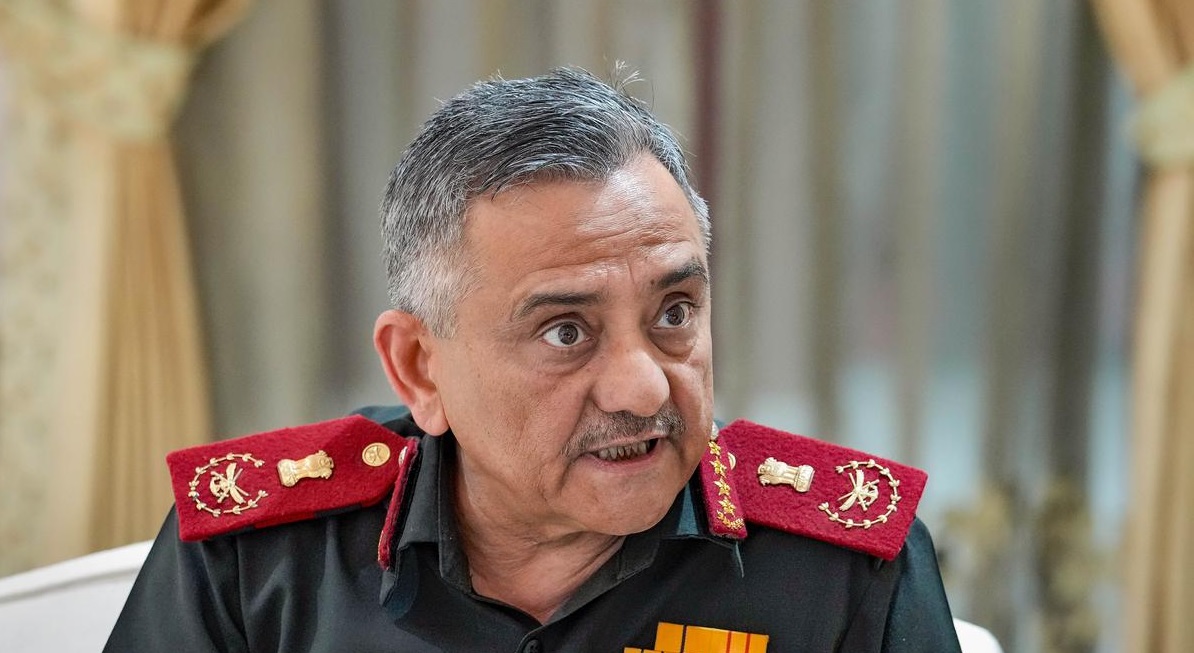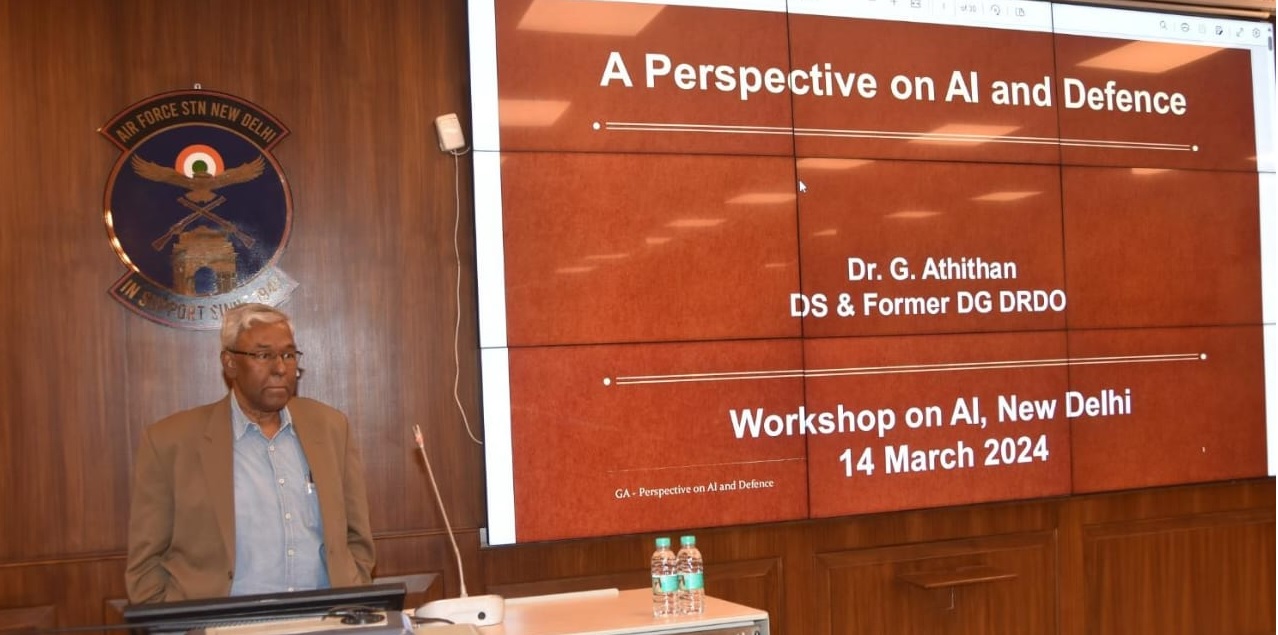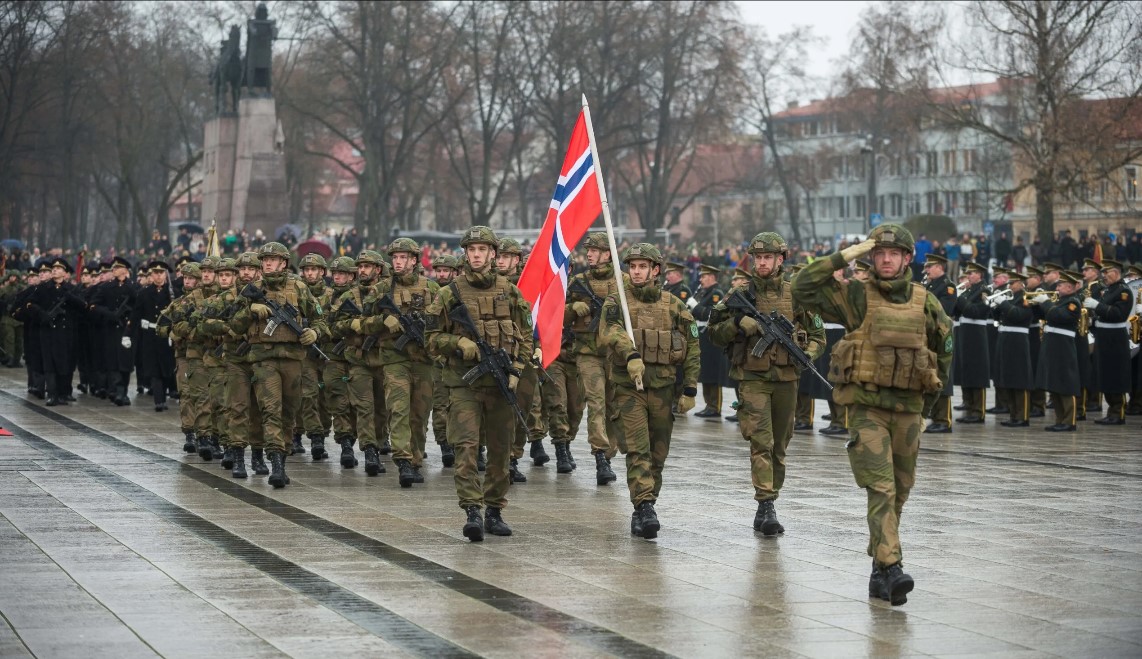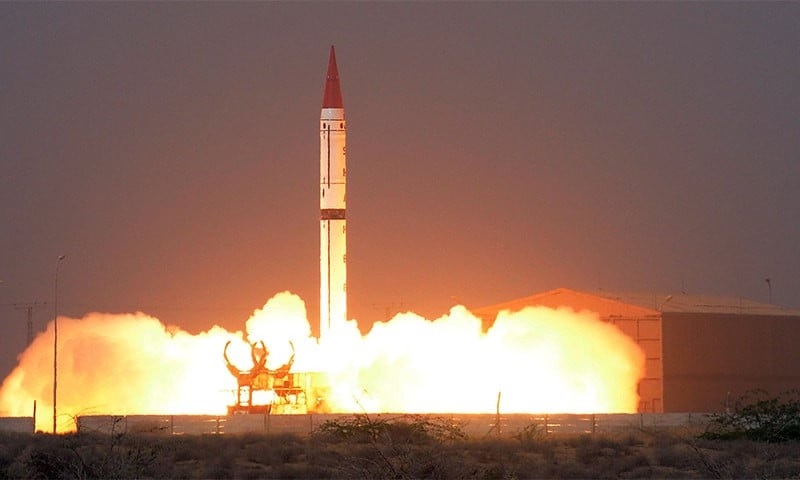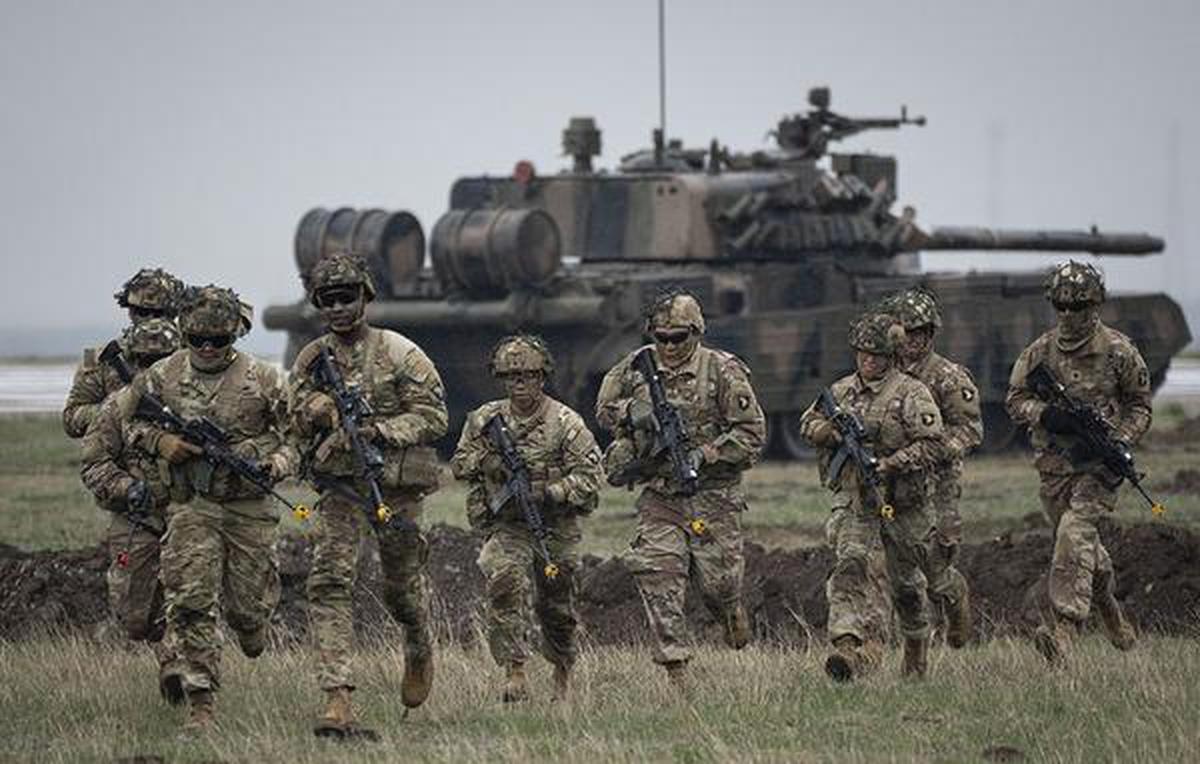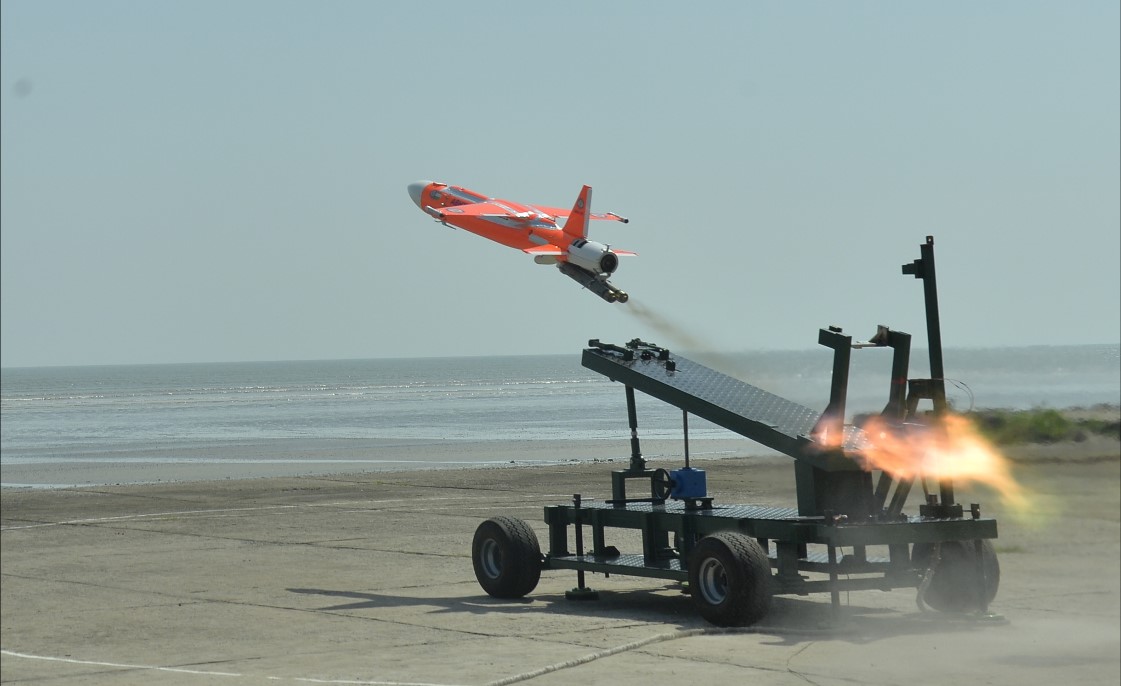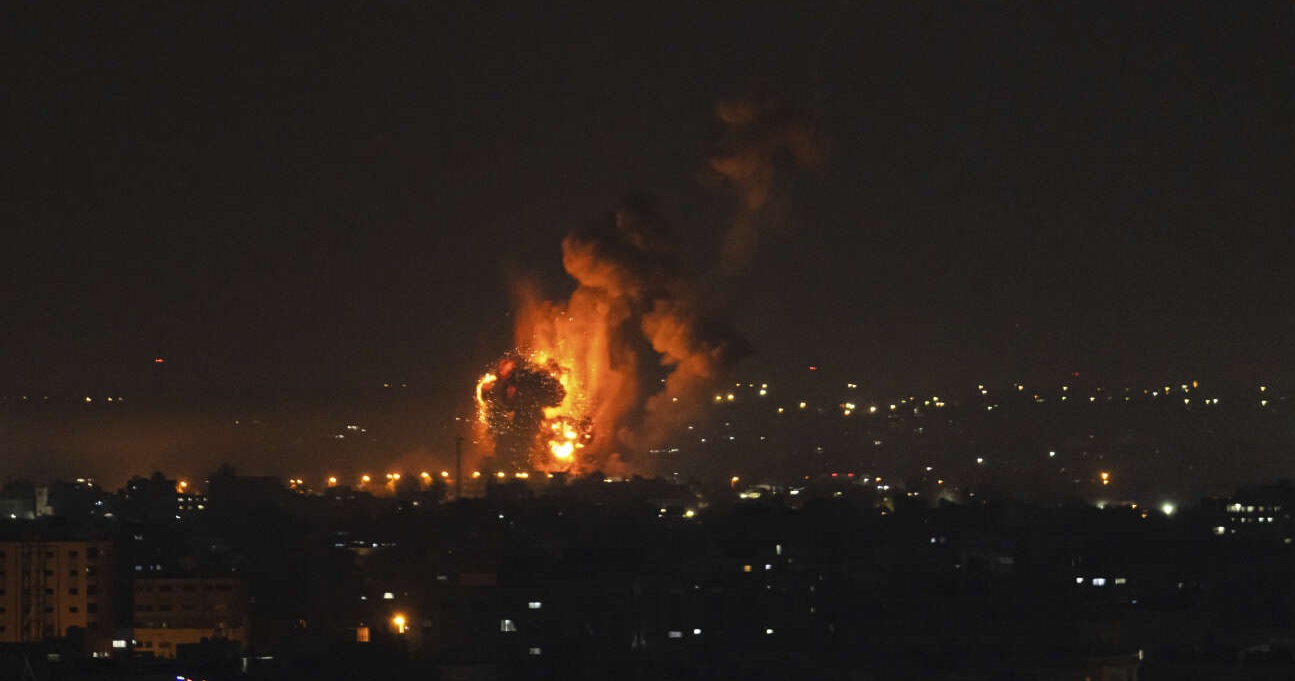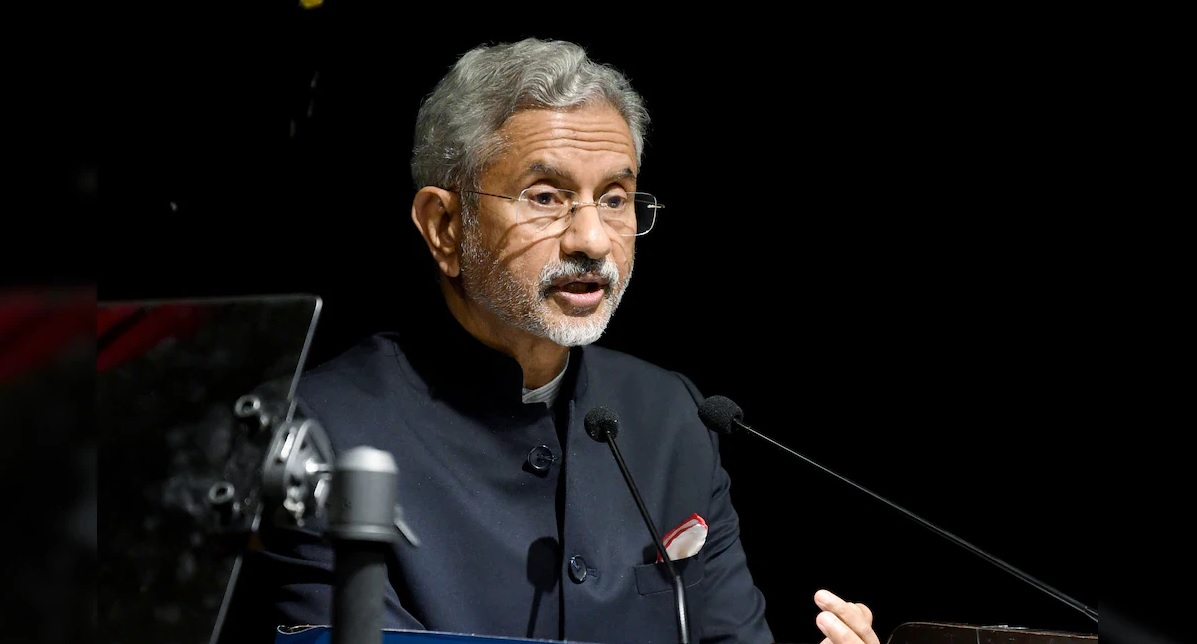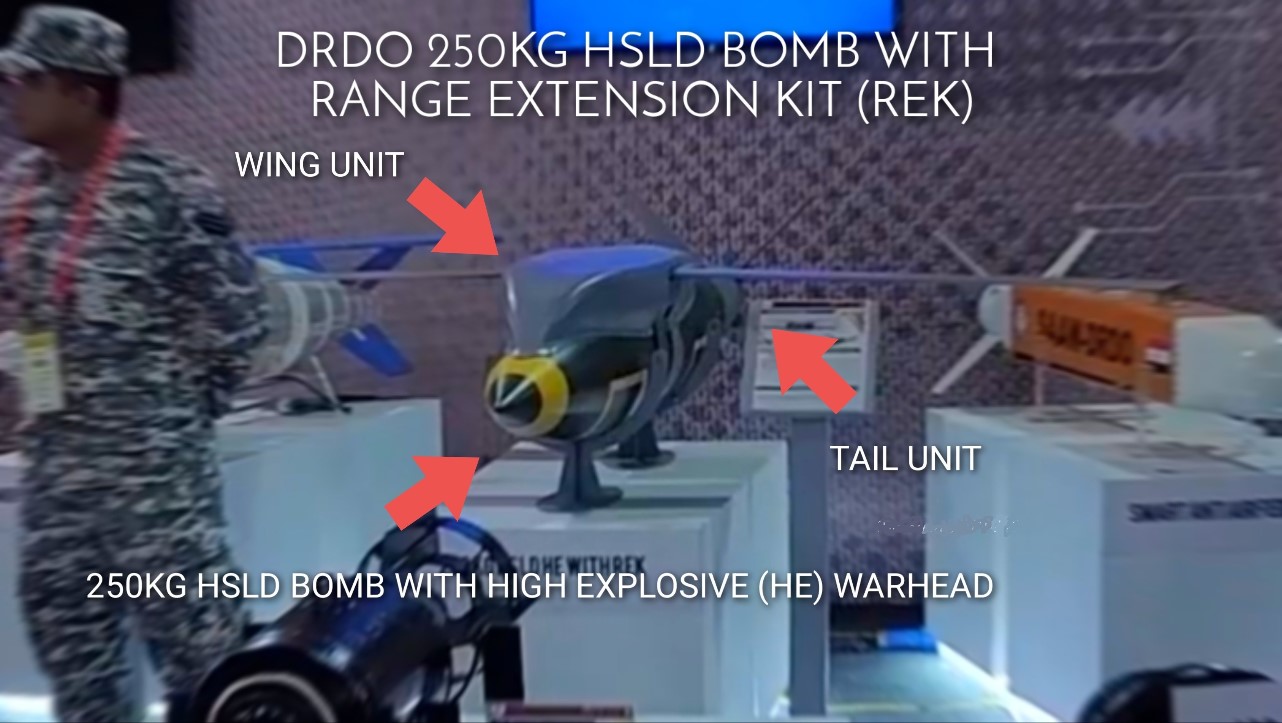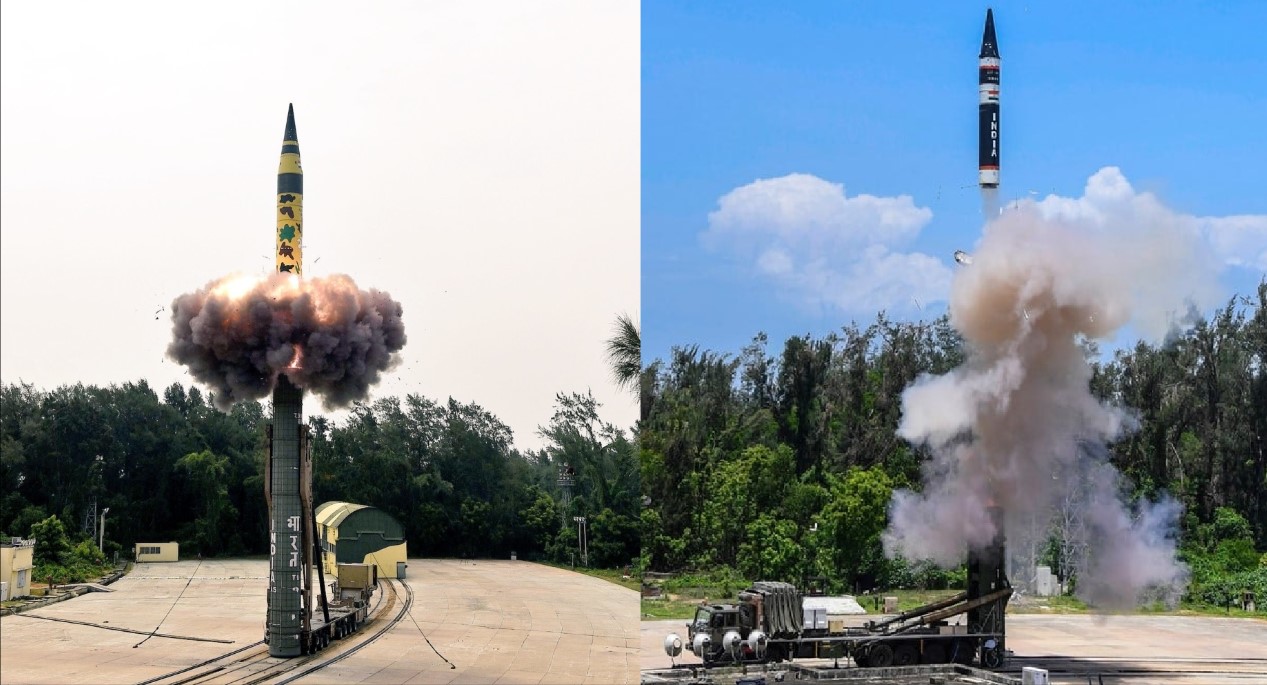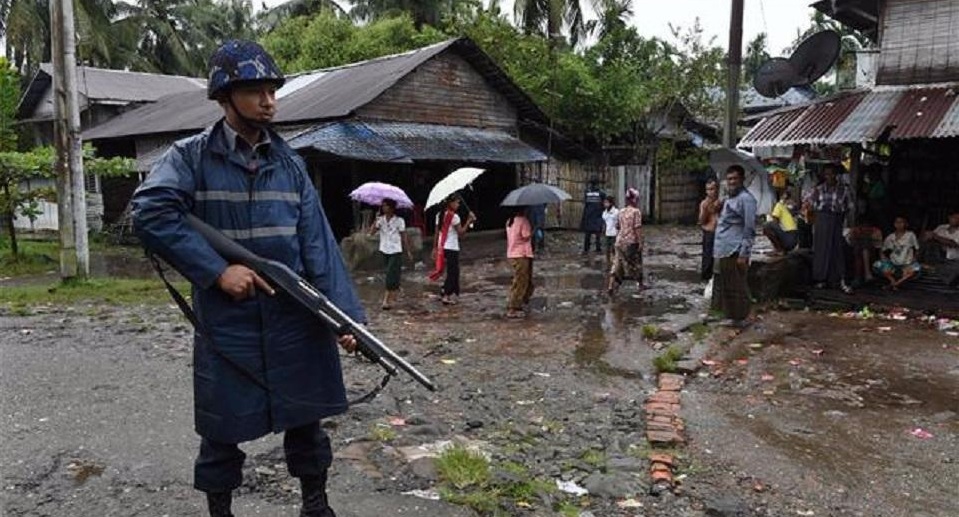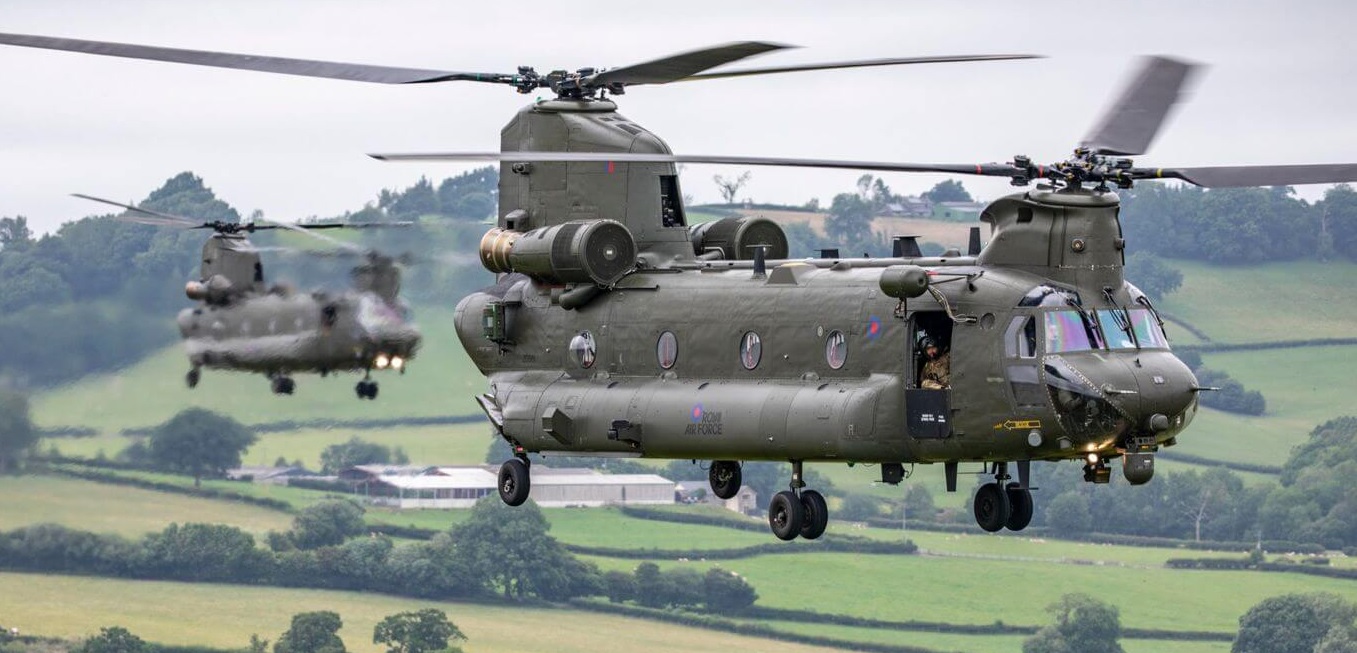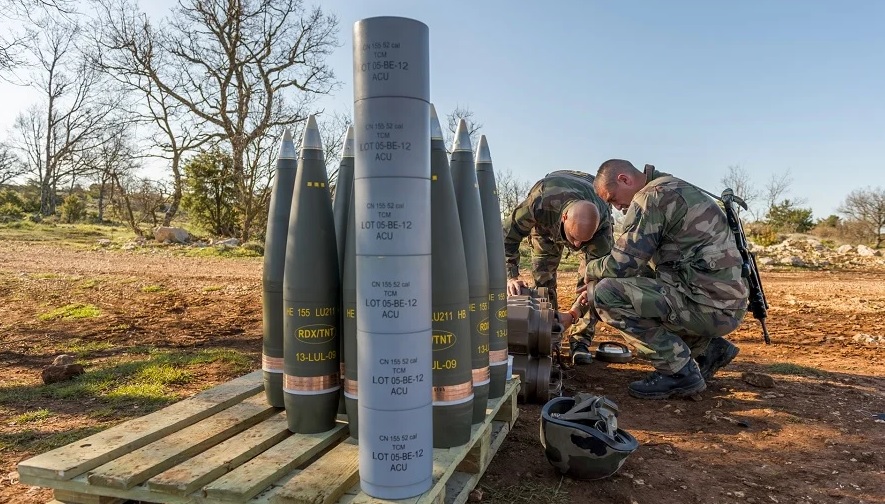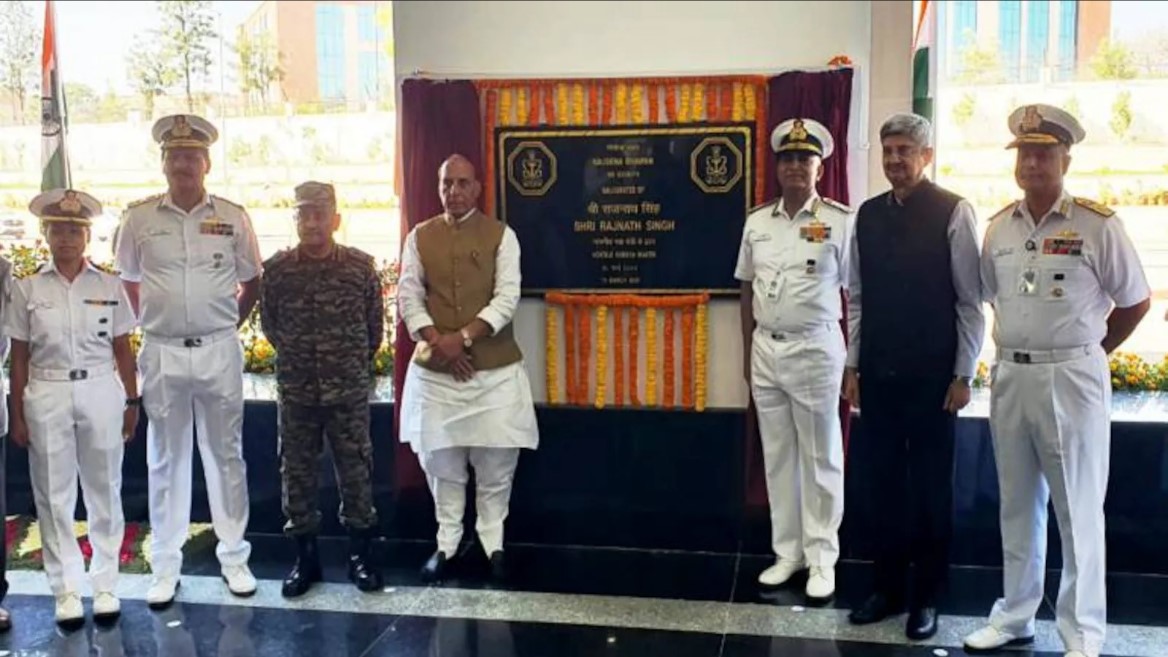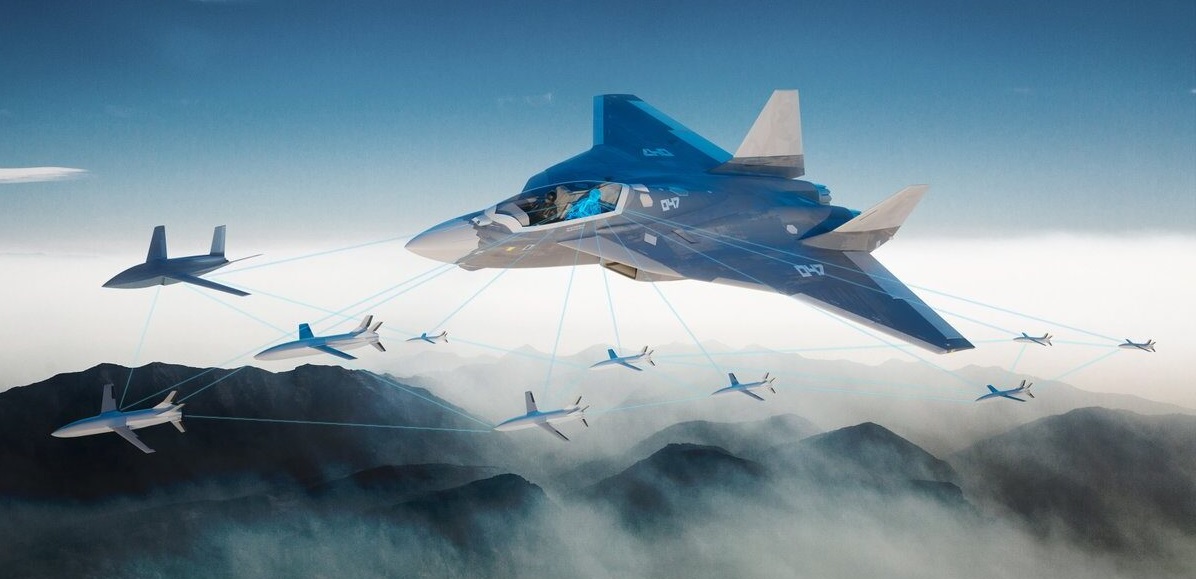India
Defense News ,India :- In the recent United Nations General Assembly, there was talk about a resolution regarding Islamophobia. Let's break down what happened there.The UN has 193 member countries. One of these countries, Pakistan, introduced a resolution about Islamophobia. They got support from China, and together they wanted to combat Islamophobia. But here's the catch: India decided to stay out of it.This resolution got approved with 115 countries saying yes, none saying no, and 44, including India, deciding not to vote either way. Other countries like Brazil, France, Germany, Italy, Ukraine, and the UK also stayed neutral.India's representative at the UN, Ambassador Ruchira Kamboj, spoke up. She said that while it's essential to fight against anti-Semitism, Christianophobia, and Islamophobia, we shouldn't forget that other religions face discrimination too.She pointed out that it's not just about Abrahamic religions like Judaism, Christianity, and Islam. Religiophobia, or fear and discrimination based on religion, also affects religions like Hinduism, Buddhism, and Sikhism. She reminded everyone that over 1.2 billion people follow Hinduism, more than 535 million follow Buddhism, and over 30 million follow Sikhism worldwide.India was worried that focusing only on Islamophobia might set a bad precedent. They didn't want the UN to start passing resolutions for or against specific religions. Ambassador Kamboj said, "We need to focus on broader issues of religious discrimination, which affect many religions, not just one."She also highlighted recent incidents of attacks on places of worship for non-Abrahamic religions. Gurudwaras, monasteries, and temples have been targets of violence. She mentioned the destruction of the Bamiyan Buddhas in Afghanistan and attacks on Sikh pilgrims and temples as examples.India stressed that they're against all forms of religiophobia. They don't support discrimination or violence against any religion. But they believe that addressing religious discrimination should include all religions, not just one.The resolution also called for appointing a special envoy to combat Islamophobia. India didn't agree with this idea. They thought it wasn't fair to focus on just one religion when there are discrimination issues faced by many religions.Ambassador Kamboj reminded everyone of India's history as a diverse and democratic nation. India has always welcomed people of all faiths and provided a safe space for them. She said India has been a sanctuary for persecuted people throughout history, whether they were Zoroastrians, Buddhists, Jews, or followers of any other belief.Before passing the resolution, there were two amendments proposed. One suggested removing references to the desecration of the Quran. The other proposed appointing a focal point to combat anti-Muslim discrimination instead of a special envoy. India supported both these amendments.The UN had already declared March 15 as the International Day to Combat Islamophobia in 2022. This decision came after a tragic incident in Christchurch, New Zealand, where over 50 people were killed in attacks on mosques in 2019.UN Secretary-General Antonio Guterres expressed his concerns about rising anti-Muslim hate around the world. He also mentioned discrimination against Jews, minority Christian communities, and others. He emphasized that hate against one group leads to hate against others and damages society.In summary, India abstained from voting on the UN resolution about Islamophobia because they felt it was essential to address religious discrimination against all religions, not just one. They believe in equality and inclusivity for all faiths, and they want the UN to focus on broader issues of religious discrimination rather than singling out specific religions.
Read More → Posted on 2024-03-17 04:48:39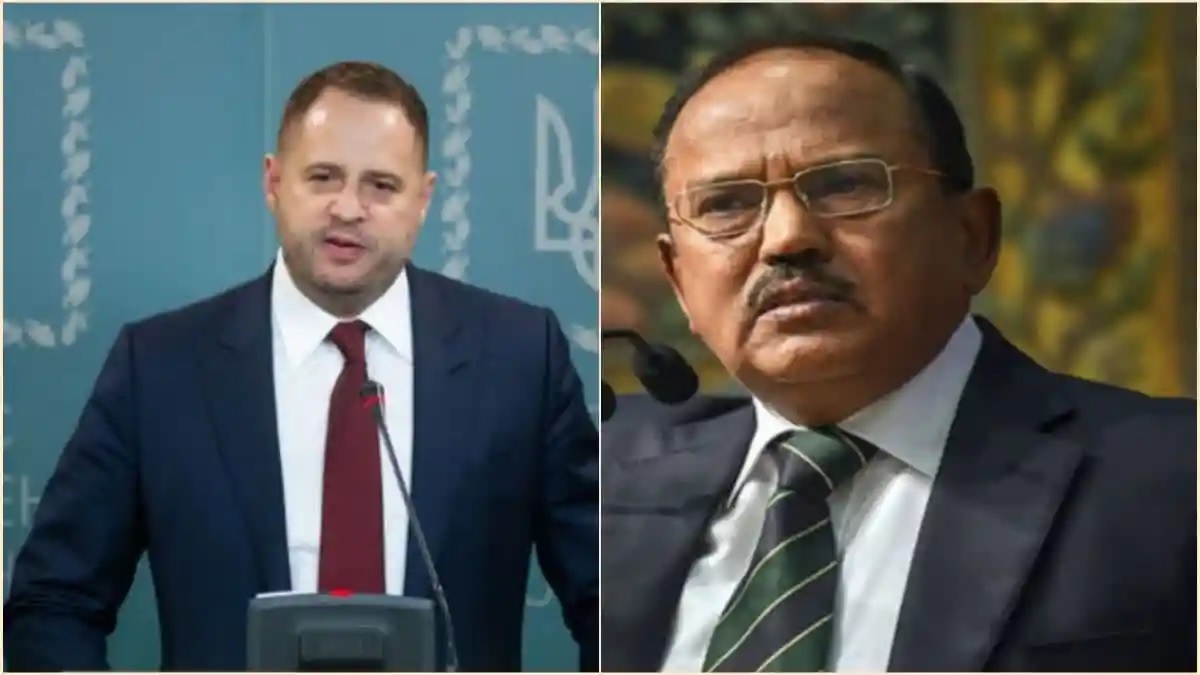
Top Ukrainian official Yermak, NSA Doval hold Talks about Preparations for First Global Peace Summit
India
Defense News , India :- Andriy Yermak, head of the office of Ukrainian President Volodymyr Zelenskyy, held a telephonic conversation with National Security Advisor Ajit Doval on Friday. The two leaders spoke about the preparations for the first Global Peace Summit in Switzerland, noting the high level of support for the event. Taking to his official X handle, Andriy Yermak posted, “Had a phone call with National Security Advisor to the Prime Minister of India Ajit Kumar Doval.Spoke about the preparations for the first Global Peace Summit in Switzerland at the level of state leaders and noted the high level of support for the event.” Yermak informed Doval about the situation at the front amid the ongoing conflict between Russia and Ukraine, his country’s ‘success’ in confronting Russia in the Black Sea, the fight against Russian aviation and strengthening Ukraine’s defence production.During the telephonic conversation, Yermak said Russia continues to strike his homeland with missiles and drones, particularly civilian infrastructure, the Ukrainian Presidential Office said in a statement. During the phone-call, Yermak thanked Doval for his deputy’s participation in the fourth meeting of national security advisors and foreign policy advisors to the heads of state on the implementation of the Peace Formula, which took place in Davos, Switzerland in January.The two officials agreed on continuing the dialogue and strengthening bilateral relations between India and Ukraine, according to the statement. “Andriy Yermak informed the interlocutor about the situation at the front, Ukraine’s success in confronting Russia in the Black Sea and in the fight against Russian aviation, as well as about strengthening Ukraine’s defense production. The Head of the President’s Office emphasized that the aggressor continues to strike our country with missiles and drones, in particular, civilian infrastructure,” the Ukrainian Presidential Office added in its statement. The military conflict between Russia and Ukraine, which started in 2022, has continued for over two years.Marking the second anniversary of the Russian invasion, earlier, Ukrainian President Volodymyr Zelenskyy, urged his countrymen to remain hopeful of victory. In a video address recorded from the Hostomel airport, Zelensky thanked Ukrainians for their efforts to resist Russia’s full-scale invasion and said, “We are 730 days closer to victory.” “Keep fighting – you are sure to win!,” the Ukrainian President said at the airport, which was targeted by Russia in the early days of the war. Zelenskyy said he was “incredibly proud” of the people of his country and admires and believes in each of them. “Any normal person wants the war to end.But none of us will allow our Ukraine to end. That’s why when it comes to ending the war, we always add – on our terms. That’s why next to the word “peace,” the word “just” always sounds. That’s why in future history, next to the word Ukraine, the word “independent” will always stand. We fight for this. And we will prevail. On the best day of our lives,” the Ukrainian President said. During his address, he also thanked the country’s soldiers and “everyone in the world who stands by us and with truth”.
Read More → Posted on 2024-03-16 15:14:54World
Defense News ,Japan :- Japan's government decided on March 15 to allow the sale of new fighter jets they're building with Britain and Italy. This means they're changing their strict rules about selling military stuff. Japan, Britain, and Italy agreed last December to work together on these jets, and they plan to finish them by 2035.Right now, Japan doesn't usually sell its military stuff to other countries. But there have been some exceptions lately.Yosuke Takagi, from the Komeito party, talked with the Liberal Democratic Party and they agreed to relax the rules for selling these jets.But before Japan can sell any jets, the cabinet has to say it's okay. Also, they can only sell them to countries that Japan has defense agreements with and aren't in any wars, according to NHK, a public news channel.A survey by Kyodo News found that almost half of the people asked think it's okay to sell the jets, but only to certain countries.
Read More → Posted on 2024-03-16 15:11:54World
Defense News ,India :- Chief of Defence Staff Gen Anil Chauhan on Saturday said Pakistan may be in a kind of economic turmoil but militarily there has been "no denting" in its capabilities and its armed forces "remain a threat for us".During an interaction at a conclave here, he also said that India has resources to "take care of our borders", especially disputed borders in the north, very well.He said this in response to a question on some of the biggest security challenges for India in the 21st century during a session at India Today Conclave 2024."I think if you look at the armed forces, the biggest challenge would be mostly external (ones). And they are of immediate concern. But then external challenge also unite a nation. We have seen it in Kargil, we have seen it in Galwan," Gen Chauhan said.The interaction was on the subject of 'Vision National Security: The Challenges Before the Indian Military'."As far as the armed forces are concerned, our immediate challenge is the rise of China and the unsettled boundary problem. We have two neighbours, both adversarial to us. Both of them profess that their friendship is higher than the Himalayas and as deep as the oceans. And they are both nuclear capable," the CDS said.But both of them are predictable actually and the Indian military knows that these are the kinds of threats, he said."What is unpredictable, and for us what the biggest challenge would be, is the way warfare is changing in future. And, because of this, we will have to introduce new weapon systems, technologies and tactics and strategies are going to change. And, probably organisation systems," Gen Chauhan said."This particular path of how to predict and what paths to take right now so that we are at the right place at the right time that I think is the biggest challenge for us," he added.He was also asked if a "financially weaker Pakistan" continues to remain a threat."Pakistan may be in economic kind of turmoil and may be politically also slightly unstable, now they have a proper government. But militarily there has been no denting in its capabilities actually. And, we should.. give full marks to the adversary. That's a better way of looking at things, that is how I look at things," the CDS said."They retained their capabilities..., so, Pakistan remains a threat, you can't say that Pakistan armed forces will not remain a threat. Yes, there may be a challenge for them to fight a long war because of the current economic problems which they have. But they remain a threat for us," he added.The remarks from the top general of the armed forces comes days after the Indian military conducted the mega exercise 'Bharat Shakti' at Pokhran near the international border, where it showcased the prowess of its indigenous defence equipment and platforms.Gen Chauhan and other members of India's top military brass had also witnessed the exercise held in the field firing range located in the arid terrain of Pokhran in Jaisalmer district.As far as the border is concerned, they are "reasonably well secured", the CDS said during the conclave."We have resources to take care of our borders, especially disputed borders in the north very well," he said.The CDS also spoke about the recent testing of Agni-5 and how it will strengthen deterrence.India on March 11 successfully carried out the first flight test of the indigenously developed Agni-5 missile with multiple independently targetable re-entry vehicle (MIRV) under its 'Mission Divyastra', joining a select group of nations having such a capability.The MIRV feature ensures that a single missile can deploy multiple warheads at different locations, sources earlier said."We have a nuclear doctrine which professes, no-first use. Hence, the credibility of our deterrence has to be very, very high. This particular test actually testifies this, the credibility of our doctrine," Gen Chauhan said."When we talk about deterrence, there is an element of communication into it. That means we should be able to communicate, if you don't communicate to the adversary what you possess, then the deterrence is of no value. So, this particular test is part of a communication, so this will strengthen deterrence and I believe in the long run will promote strategic stability in the neighbourhood. But, right now it's time to congratulate the people involved and the DRDO (Defence Research and Development Organisation)," he added.The CDS also said the rise of China in an assertive nature, that is "the biggest challenge", but the only silver lining is that its rises hasn't been so peaceful.It's got large number of "like-minded nations together" and hence, for the Chinese to achieve their geopolitical aims, "would be slightly difficult", he added.Gen Chauhan said he is a strong proponent of geography as it shapes strategic outlook of nations."For us, the Himalayas have been providing security for ages actually, but of late, because of advancement of technology, you know Himalayas are no longer an impediment because you have missiles and aircraft. And, then of course breach it with advancing mobility options" the CDS said.So, to some extent, the impregnability of Himalayas I would say has diminished slightly for us. But, then of course, we have a geographical advantage of our peninsula shape which just out into the Indian Ocean flanked by two island territories which gives us a lot of strategic depth, Gen Chauhan added."And, the access to Indian Ocean Region is very, very restricted and we enjoy predominant position. So, I think we need to balance out between our continental challenge and maritime challenges," he said.Asked about the challenges the armed forces face, he said, "Our immediate challenges and problems are of course land-centric, and that is because of unsettled borders and problems with Pakistan.""While our threats may be in the continental domain, but the opportunities lie in the seas," he added.
Read More → Posted on 2024-03-16 15:07:15India
Defense News ,India :- The Indian Air Force (IAF) recently took a big step forward in using high-tech tools for their work. They held a special workshop for two days all about Artificial Intelligence (AI).This workshop was a team effort, put together by important people like the Scientific Advisor to the Chief of Air Staff (CAS) and the Defence Research and Development Organisation (DRDO) AI labs. It shows how serious the IAF is about bringing AI into their work.Important leaders like Dr. G. Satheesh Reddy (Scientific Advisor to CAS), Dr. S. V. Kamat (Chairman, DRDO), and Air Marshal Ashutosh Dixit (Deputy Chief of the Air Staff) led the workshop. They wanted to build a strong partnership between the IAF and DRDO to use AI in their systems.Here's what they talked about at the workshop:1. Understanding What's Happening Around: AI can help pilots understand what's going on during a mission by quickly analyzing data from radars, satellites, and other sensors. This helps them make better decisions faster.2. Planning Flights Better: AI can handle lots of data to plan the best routes for flights, save fuel, and make missions more successful.3. Spotting and Recognizing Dangers: AI systems can quickly identify and track threats by looking at pictures and readings from sensors, making the IAF stronger and safer.4. Using AI for Drones and Other Unmanned Vehicles: The IAF is thinking about using AI to control drones and unmanned combat vehicles. This could change how air battles happen in the future.5. Keeping Aircraft Running Smoothly: AI can help make sure planes are ready to fly by managing supplies and predicting when maintenance is needed.This workshop is a big deal for the IAF. They want to use AI to make themselves stronger and better at making decisions, especially in today's complicated world.
Read More → Posted on 2024-03-16 15:04:34World
Defense News ,Norway :- Norway's Prime Minister, Jonas Gahr Støre, says it's crucial for Norway to boost its defense. He emphasizes that both national and international security demand immediate action. This year, Norway is committed to meeting NATO's guideline of spending 2% of its Gross Domestic Product (GDP) on defense. Støre highlights that security, especially in the face of a more dangerous and unpredictable Russia, is not something to be taken lightly. He assures that Norway will play its part in contributing to European security.Increasing defense spending means the government will allocate more money from public funds to strengthen the armed forces and overall resilience. To ensure this commitment, the government plans to propose additional funding for defense in the revised national budget. This move aims to fulfill Norway's obligation to spend 2% of GDP on defense in 2024, aligning with NATO's shared ambition since 2014. Initially, Norway aimed to reach this goal by 2026 but has now accelerated its efforts.Norwegian Minister of Finance, Trygve Slagsvold Vedum, underscores that the government's primary responsibility is ensuring the security of its people. He stresses the importance of allocating more resources to security, defense, and national readiness, especially given the current global unrest. Vedum notes that defense spending has already increased by 40% since the current government took office. Introducing new measures to meet the 2% guideline will further enhance national control and security while generating job opportunities across Norway.Minister of Defence, Bjørn Arild Gram, highlights the government's ongoing efforts to maximize existing capabilities. Investments in people, competence, and infrastructure have been prioritized, alongside incremental increases in defense spending each budget year. Gram promises an ambitious long-term plan to Parliament for a more robust defense system. Continuous improvement of capabilities and investment in new technologies are also on the agenda.
Read More → Posted on 2024-03-16 14:59:51World
Defense News ,Pakistan :- Pakistan's prices are going up fast. In just one week, the cost of things people need has gone up by 1.35%. That's a big deal for the economy, especially because it happened right after a new government was formed.Now, the yearly inflation rate is at a worrying 32.89%. That means everything is getting more expensive, and it's putting a lot of pressure on the country's money situation.Data shows that prices for 18 important things have gone up, while prices for 14 things have gone down. And 23 things haven't changed in price at all.Some of the things that got more expensive are tomatoes, bananas, eggs, and garlic. This happened right as the holy month started.For example, tomatoes now cost 30 Pakistani Rupees more per kilogram. Bananas are 34 Rupees more for a dozen, and eggs cost 19 Rupees more for a dozen.Not just food, but other things are getting more expensive too. The price for a domestic LPG cylinder is now 146.71 Rupees, making it harder for families to afford. Garlic is 22 Rupees more per kilogram, and mutton is 31 Rupees more per kilogram.Basic food items like beef, chicken, cooking oil, and flour are also pricier. Beef is 14 Rupees more per kilogram, and chicken is 6 Rupees more per kilogram.To help with this financial strain, Pakistan is talking to a big international lender about getting the last part of a loan program. It's a big loan, worth 1.1 billion US dollars. At the same time, they're also asking for a new deal that would give them more time to pay back the money.Overall, Pakistan might ask for another loan worth 6 to 8 billion US dollars to help manage the high costs.
Read More → Posted on 2024-03-16 14:43:59World
Defense News ,Pakistan :- Dr. Zafar Nawaz Jaspal, a professor and analyst from Pakistan, recently talked about how Pakistan sees India's latest missile test. India tested a missile called Agni-V with something called Multiple Independently Targetable Reentry Vehicle (MIRV) technology.Dr. Jaspal, in an article for Arab News, worries about what this test means for Pakistan's safety. He says that this MIRV technology makes India more powerful. It means India can hit cities like Beijing, Shanghai, and Islamabad with just one missile.He points out that India could already attack anywhere in Pakistan with its current missiles. But with MIRV, it gets trickier. Now, one missile can carry many warheads, making it harder for Pakistan to defend itself.Dr. Jaspal says there's a danger of both countries starting a missile race. India's defense systems are getting better, which could make Pakistan want to make its own MIRV technology. This could make the region less safe.He ends by saying that India's new technology might make Pakistan speed up its own missile program, like Ababeel. This program aims to give Pakistani missiles MIRV capabilities. Dr. Jaspal thinks it's important for both countries to be on equal footing to avoid conflict and keep the region stable.
Read More → Posted on 2024-03-16 14:35:54World
Defense News ,NATO :- In a big training event called Nordic Response 24, Finland got ready to protect the northern parts of NATO for the first time. This was a big deal because it was based on Article 5.This exercise covered areas in Finland, Sweden, and Norway. Soldiers practiced fighting on land, at sea, and in the sky. Nordic countries joined forces with allies from across the Atlantic Ocean in Norway, Finland, and Sweden.The head of the Finnish force in the exercise, Brigadier General Manu Tuominen, said that this event showed how well the allies and Nordic countries could work together. Sweden, Finland's western neighbor, became a member of NATO during the exercise. Sweden sent about 3,000 soldiers to Finland, making a big mechanized brigade as part of an army division.Now that all Nordic countries are part of NATO, they can plan their defense better and improve their military together, Tuominen added.Different parts of the military like the Army, Navy, and Air Force, along with logistics and communication units, worked with allies during the exercise. Air Force planes flew over Finland, Sweden, and Norway in international groups. The Navy's coastal unit did practice landings in Northern Norway with soldiers from Sweden, France, and Italy. Setting up the command structure and moving troops in the tough northern conditions needed a lot of teamwork and special skills.Leaders from all levels of the Finnish Defense Forces were part of the exercise, from big command centers to small outposts. This helped them learn how NATO works and how they can join NATO-led missions better.The success of the exercise came from close teamwork between different agencies, not just from one country but from Finland, Sweden, and Norway. Civilian groups helped move troops and keep them supplied during the exercise.Besides the military training, there was also a medical drill. Finland and Norway worked together to practice evacuating injured soldiers from Finland to a special hospital in Norway. This showed how well different agencies could work together in emergencies. The Finnish Defense Forces also helped with medical evacuations outside the exercise, showing their readiness to help in real-life situations.
Read More → Posted on 2024-03-16 14:29:51India
Defense News ,India :- India's Defence Research and Development Organisation (DRDO) reached a big achievement on 5th Feb. They tested their high-speed expendable aerial target (HEAT) called ‘ABHYAS’ successfully.The tests happened at the Integrated Test Range in Odisha. They met important goals, like showing off a new, improved design with just one booster. This change makes it stronger and easier to produce in large quantities, saving money.ABHYAS is the result of hard work by DRDO’s Aeronautical Development Establishment (ADE). It’s a vital upgrade for India’s defense. ABHYAS acts as a realistic and affordable target for training and checking the country's missile systems. Because it can be used once and thrown away, it cuts down on costs since there's no need to bring it back.DRDO plans to start making ABHYAS with the help of Hindustan Aeronautics Limited (HAL) and Larsen & Toubro (L&T) Defence. With DRDO's knowledge and these companies' manufacturing skills, India can make more at home.In the future, DRDO is also thinking about making a weaponized version of ABHYAS called a loitering munition (LM). This could be sold to other countries, giving them a cheaper way to improve their defense systems.
Read More → Posted on 2024-03-16 14:21:39World
Defense News ,Djibouti :- The US Army has picked Textron Aviation to give two unique Cessna Grand Caravan EX planes to the Djibouti Air Force.These planes are designed for special jobs and are like luxury business planes. They have a big wing and a powerful engine that can carry two pilots and up to 14 people, depending on what's needed.These planes can land on regular runways or on skis, depending on what they're being used for. Inside, they can have seats for passengers or a space for carrying cargo.The Grand Caravan EX can go pretty fast, between 304 to 343 kilometers (about 189 to 213 miles) per hour, depending on the version.These planes are powered by a strong engine made by Pratt & Whitney, which gives them 867 horsepower. They also have a special four-blade propeller made by McCauley.Textron Aviation's VP, Bob Gibbs, said, “The two special missions Cessna Grand Caravan EX aircraft will be Intelligence, Surveillance, and Reconnaissance equipped to ensure the border sovereignty of the country of Djibouti.”Textron Aviation's latest deal is part of a long-term plan to provide planes for the US Department of Defense's friends over five years. Other planes included in this plan are the Cessna SkyCourier, the Beechcraft King Air 260, and the Beechcraft King Air 360.The first part of this plan ordered three King Air 360 Extended Range planes. Two of these were for the Peruvian Naval Aviation Force and the other for the Ecuadorian Naval Aviation.“This multiyear contract allows the US Army Security Assistance Command to rapidly procure Commercial off the Shelf aircraft and modifications from Textron Aviation for our Foreign Military Sale allies and partner nations,” Gibbs explained.“We are honored to assist in advancing US national security and foreign policy interests by providing our solutions under the [indefinite delivery, indefinite quantity] and we look forward to further cooperation with the US Army.”
Read More → Posted on 2024-03-16 14:18:57World
Defense News ,Israel Hamas War :- The IDF (Israel Defence Forces) reported that Thursday afternoon numerous rocket launches made by the terrorist organization Hezbollah from its bases across the border in Lebanon were identified heading into the area of Malkia in northern Israel.Moreover, IDF fighter jets struck Hezbollah military compounds in the area of Naqoura, a small city in southern Lebanon, Thursday evening and IDF artillery struck in the area of Wadi Hamoul in Lebanon "in order to remove a threat" posed by Hezbollah, but did not reveal any specifics of the test.Additionally, Hezbollah terrorist infrastructure was struck in the area of Yaroun in Lebanon.
Read More → Posted on 2024-03-16 06:06:21India
Defense News ,India :- Weighing in on the changing global perceptions of India, External Affairs Minister S Jaishankar said the world now sees the country as one that is able to “seek its own solutions”. He said the country stood up for its consumer interests, energy choices and national security, stressing that “this is a different India today”.Speaking at the ET Awards 2023 where he was honoured as the ‘Reformer of the Year’, Mr Jaishankar said, “Today when the world thinks of India, the world actually sees a country which is able to seek its own solutions, speak its own mind, which will stand up, which stood up for our consumer interests when it came to its energy choices, which stood up for its national security when it came to deploying on our northern frontiers and in staying with the Quad. So this is a different India today, and I cannot tell you how proud I am to represent it abroad.”Mr Jaishankar noted that India, in the past few years, has left a deeper imprint on world consciousness. He said the world saw how India has tackled challenges such as the Covid-19 pandemic and shipped vaccines and other life-saving drugs to 100 nations around the world under ‘Vaccine Maitri’ even as it was dealing with a public health emergency in its own backyard.Highlighting India’s global outreach, Mr Jaishankar said, “In the last few years, there’s no question we have left a deeper imprint in the world consciousness. When they think of India today, if one is talking in terms of challenges, they see how we handled Covid, how we became through Vaccine Maitri a provider of vaccines to 100 countries across the world. They note how we take care of our citizens abroad. It could be ‘Operation Ganga’ or ‘Kaveri’ or ‘Ajay’. It could be the ‘Vande Bharat’ mission during Covid. They see today the achievements of our businesses in projects abroad, in terms of exports which have gone up. They note, of course, the enormous progress that India itself is making.”Speaking at the event, the External Affairs Minister touched on the burgeoning Indian economy, saying, “They (the world) see today that despite the tremendous global headwinds, this is an economy that is growing at 8 per cent. The fifth-largest economy was 11th (even) a decade ago. It will be (the) third hopefully very soon.”Mr Jaishankar said that the world, even after coming out of the pandemic, continues to face different challenges like the conflict in Ukraine, the conflict in Gaza and maritime concerns in the Red Sea.“There are other issues, some on our borders, some beyond. So the world is not without its challenges,” he said.Stressing that the world was “full of opportunities,” Mr Jaishankar said, “We are used to thinking of a global marketplace. There is a global workplace which is happening. There is a global tech place which is taking place. There are new opportunities to board the manufacturing bus, which we may have missed in the earlier years. But to do all that, we need leadership, we need vision, we need a collective commitment of a nation. And if we get all those right, I’m very sure that those who come after me will be able to represent the nation abroad with even more effectiveness and an even greater sense of pride than I’ve had.”Earlier, on March 7, the EAM said India was working on major corridors both to its east and west, and once completed, these corridors will connect the Atlantic to the Pacific through Asia. Speaking at the Raisina Roundtable organised by the Observer Research Foundation (ORF) in Tokyo on March 7, Jaishankar opened up on the major corridors on which India is currently working.“India is today working on major corridors both to its east and west. They include the India-Middle East-Europe Economic Corridor (IMEC) initiative through the Arabian peninsula and the international north-south transport corridor and towards east the trilateral highway in southeast Asia and the Chennai Vladivostok route, which also has polar implications…these corridors when completed will connect the Atlantic to the Pacific through Asia,” he said.
Read More → Posted on 2024-03-16 06:02:59India
Defense News ,India :- India's Defence Research and Development Organisation (DRDO) has taken a significant leap forward in air-to-ground weaponry, revealing an extended-range High-Speed Low Drag (HSLD) bomb during Exercise Bharat Shakti. This latest innovation, featuring a Range Extension Kit (REK), marks a substantial advancement in operational reach.Equipped with the REK, the 250kg HSLD bomb empowers Indian Air Force (IAF) pilots with enhanced striking capabilities from safer distances, a critical tactical advantage in contemporary combat environments. The seamless integration of the REK with the bomb's existing guidance systems, leveraging GPS and Inertial Navigation System (INS), ensures pinpoint accuracy in targeting.The REK's design incorporates a wing and tail unit, facilitating controlled gliding to maximize the bomb's extended range capabilities, further enhancing its effectiveness on the battlefield.India's Innovation for Defence Excellence (IDEX) program is ambitiously pushing the boundaries of this technology. It recently called for industry collaboration to develop an advanced REK featuring an Electro-Optical/Infra-Red (EO-IR) guided warhead, promising enhanced terminal guidance for unparalleled accuracy.DRDO's innovative prowess extends beyond the 250kg variant. The organization is actively engaged in developing similar REKs to augment the capabilities of heavier 450kg and 1000kg HSLD bombs, demonstrating a comprehensive approach to fortifying India's air-to-ground weaponry arsenal.This concerted effort underscores India's steadfast commitment to maintaining a dynamic and adaptable air-to-ground weapon inventory, ensuring readiness and efficacy in the face of evolving security challenges.
Read More → Posted on 2024-03-16 05:57:37India
Defense News ,India :- In 2012, India's strategic defense capabilities took a significant leap forward with the inaugural test of the Agni-V Intercontinental Ballistic Missile (ICBM), marking a pivotal moment in the nation's military technology development. Over the subsequent twelve years, the Agni missile series has undergone a remarkable journey of advancements, culminating in the recent milestone of testing the Agni-V Multiple Independently Targetable Re-entry Vehicle (MIRV) variant in 2024.The Agni missile series commenced its journey with the maiden test of the Agni-V ICBM in 2012, showcasing India's capability to target areas across mainland China. Initially constrained to a range of 5,000 km, subsequent modifications have substantially enhanced the missile's reach. Analysts speculate that with a lighter payload, the Agni-V's range could extend up to an impressive 8,000 km.In 2015, another significant development occurred with the testing of the Agni-V from a sealed canister, offering enhanced operational flexibility and ease of handling. The year 2021 witnessed further validation of the missile's readiness through user trials conducted by the Strategic Forces Command, reassuring international observers about the maturity of India's missile development program.India's relentless pursuit of missile technology advancement led to the introduction of the Agni-V MkII variant, tested in 2022. This upgraded version incorporated lightweight composite materials and modernized subsystems, resulting in a reduction in weight and a substantial boost in performance. The Agni-V MkII could now reach distances exceeding 7,000 km while carrying a full payload, reflecting India's commitment to enhancing its strategic reach.However, the most significant leap in the Agni series came in 2024 with the testing of the Agni-V MIRV variant. MIRV technology equips a single missile with multiple warheads, posing a formidable challenge for adversaries in defense scenarios. India's successful demonstration of MIRV capability, achieved ahead of projected timelines, underscores the nation's growing technological prowess and strategic strength on the global stage.Beyond the technological achievements, the successful test of the Agni-V MIRV variant signifies India's advancements in various critical areas, including warhead miniaturization, advanced guidance and navigation systems, and the development of reliable individual re-entry vehicles. Reports from reputable organizations such as the Federation of American Scientists (FAS) recognize India's remarkable progress, noting that the MIRV demonstration has surpassed earlier projections by several years.In conclusion, the evolution of India's Agni-V missile system epitomizes the nation's unwavering commitment to bolstering its defense capabilities. With extended range and the addition of MIRV capability, the Agni-V emerges as a potent deterrent, consolidating India's position as a significant force in the global strategic landscape. As India continues to invest in cutting-edge military technologies, the Agni missile series stands as a testament to the nation's quest for self-reliance and readiness to defend its interests effectively.
Read More → Posted on 2024-03-16 05:51:23India
Defense News ,Myanmar :- Amidst escalating tensions and deteriorating security conditions in Myanmar's Rakhine state, the Ministry of External Affairs (MEA) of India has issued a directive for all Indian nationals to evacuate the region immediately. The move comes in response to mounting unrest and violence, with the MEA highlighting the precarious situation in the area.Speaking at a recent media briefing, Ministry of External Affairs Spokesperson Randhir Jaiswal emphasized the urgency of the situation, stating, "We had issued an advisory for the Rakhine State, where the situation there is very delicate, the security situation has deteriorated. We told all Indian nationals to evacuate themselves and move away from there and we also told our nationals who are there or otherwise from anywhere else not to travel to that part."Jaiswal underscored the gravity of the circumstances, noting the prevalence of ongoing conflict and unrest within the region. "The situation in Myanmar remains a cause of concern because of the deterioration in the security situation," he remarked, highlighting the necessity for immediate action.The spokesperson elaborated on the escalating violence, emphasizing that the current security environment in Rakhine State is highly volatile and poses significant risks to residents and visitors alike.India's stance on the issue emphasizes a commitment to peace and stability in Myanmar. Jaiswal reiterated India's support for constructive dialogue and the establishment of an inclusive federal democracy through peaceful means. "We want peace and stability in the country, we want constructive dialogue in the country, and we want inclusive federal democracy to be established through dialogue and through constructive engagement," he affirmed.This latest advisory follows a previous warning issued by India in February, urging its citizens to refrain from traveling to the Rakhine state due to escalating security concerns. Citing disruptions in telecommunications and severe shortages of essential commodities, the MEA emphasized the risks associated with visiting the region.Furthermore, recent developments in Myanmar have heightened tensions, with a notable increase in violent incidents. Ethnic minority forces launched a coordinated offensive last October, resulting in the capture of several towns and military installations. This escalation has posed significant challenges to the ruling junta, marking a pivotal moment in the country's political landscape.The repercussions of the unrest have extended beyond Myanmar's borders, with a substantial influx of refugees crossing into neighboring regions. In particular, the state of Mizoram along the Indo-Myanmar border has experienced a surge in arrivals following airstrikes conducted by the Myanmar military in bordering areas.February 1 marked the third anniversary of the military coup in Myanmar, which saw the seizure of power by the military junta. The anniversary served as a stark reminder of the ongoing political turmoil and instability gripping the nation.In light of these developments, India's evacuation advisory underscores the escalating crisis in Myanmar's Rakhine state and the imperative for immediate action to ensure the safety and well-being of all individuals in the region.As the situation continues to evolve, the international community remains vigilant, calling for peaceful resolution and the restoration of stability in Myanmar. India's proactive stance reflects its commitment to fostering dialogue and supporting efforts towards a peaceful and democratic future for the embattled nation.
Read More → Posted on 2024-03-16 05:42:40World
Defense News ,UK :- The British government has recently inked a significant contract with the United States to acquire 14 CH-47F Chinook extended-range military helicopters. This procurement marks a crucial step in the UK's ongoing endeavors to bolster its heavy-lift capability and ensure operational readiness in challenging terrains like deserts and the Arctic.As part of this acquisition, the upcoming fleet of Chinooks will not only double the range of the armed forces in rotorcraft-based missions but also integrate air-to-air refueling functionality, upgraded airframes, and advanced digital cockpits. These enhancements aim to enhance the stability and survivability of warfighters in diverse operational environments.Each of the 14 aircraft will boast a maximum speed of 300 kilometers (190 miles) per hour and offer a capacity to accommodate either 55 troops or carry payloads of up to 10,000 kilograms (22,000 pounds).This procurement represents a significant milestone for the UK, with negotiations between the British defense agency, Defence Equipment & Support (DE&S), and the US government resulting in a reduction of the procurement cost by over 300 million pounds ($382 million). Additionally, the foreign military sale will involve the participation of local British companies in producing critical elements related to the manufacturing and maintenance of the future Chinook fleet.By engaging domestic industry players, this approach is poised to stimulate job creation in aircraft avionics and electric power sectors while injecting approximately 151 million pounds ($192 million) into the economy.Grant Shapps, the UK Defence Secretary, expressed the importance of this procurement, stating, "Procuring these Chinook helicopters will mark a significant milestone in our efforts to modernise and enhance the agility of the UK Armed Forces, cementing our ability to respond at pace to situations and threats across the globe." He further emphasized the iconic status of the Chinook, which has played pivotal roles in every major conflict since the Falklands War. Delivering on this deal, according to Shapps, will not only augment the UK's capability but also bolster its industry and skills.The UK has a long-standing association with the CH-47 series, being one of the longest CH-47 users alongside the US Army. Introduced into British military service in the 1980s, the Chinook served as a replacement for the Belvedere and Wessex helicopters. In 2018, the Pentagon approved a foreign military sale of 16 modernized Chinooks for the UK, with each aircraft expected to serve through the 2040s.
Read More → Posted on 2024-03-16 05:27:30World
Defense News , Europe :- The Finnish government just got a big boost for making more ammunition. They received €32.5 million from the European Union (EU) to help with this. This extra money adds to the €24 million they already got from their own Ministry of Defence back in December.Finnish Defence Minister Antti Häkkänen said they've been asking the EU for help with this for a while. Finally, their efforts paid off. The EU funding matches what Finland planned to do to make more ammo. This money will be used for important investments to make sure Finland's military has enough supplies and to support Ukraine in the long run.The EU gave out this money through something called the ASAP fund, which is for supporting ammo production. The whole fund had about €500 million, and Finland got the full amount they asked for.Nammo Lapua Oy, a Finnish company, got €22.5 million from the EU to make more 155-mm artillery grenade shells. Another company called Nammo Vihtavuori Oy received €10 million to increase its production of nitrocellulose and powder, which are used in making ammunition.
Read More → Posted on 2024-03-16 05:14:46India
Defense News ,India :- The Indian Navy has a new home in Delhi, and it's a big deal. On Friday, Defence Minister Rajnath Singh officially opened the 'Nausena Bhawan'. It's a fancy new headquarters for the Navy, full of the latest technology and cool features.Before this, the Navy had offices scattered across 13 different places. Having all those offices was kind of a hassle. So, they built this new headquarters to bring everything together in one place.This new building is a symbol of progress for the Indian Navy. It's not just any office building – it's a high-tech hub that shows how serious India is about being great at sea and keeping the country safe.The design of the building was chosen after a big competition involving architects from all over India. They wanted something that not only looked good but also worked well.The 'Nausena Bhawan' has three parts and four floors. It's built using smart techniques to make it efficient and environmentally friendly. They've used things like solar power and special materials to save energy and water.The construction of this building was pretty advanced too. They used a special type of concrete that let them build big areas quickly. And they made sure to include lots of green spaces and gardens to make it look nice.Inside, the 'Nausena Bhawan' is really comfortable. They've got a top-notch heating and cooling system that makes sure everyone feels good while they're working.But it's not just about comfort – the building is also super secure. They've got all kinds of fancy tech, like cameras that can recognize faces and scanners that check under vehicles. Security is a big deal, so they've made sure to cover all the bases.And because it's the Navy, they've got to have the latest tech. The building is kitted out with all kinds of IT stuff to make sure everyone can work efficiently. They're going for a paperless system, which means less waste and more efficiency.Overall, the 'Nausena Bhawan' is a big step forward for the Indian Navy. It's not just a building – it's a symbol of India's commitment to excellence and security on the seas. And with all the cool features and tech inside, it's definitely a place where the Navy can thrive and do its best work.
Read More → Posted on 2024-03-16 05:11:04India
Defense News ,India :- India's government has finally given the green light to the Advanced Medium Combat Aircraft (AMCA) program. It's a big deal because it means India is taking a major step toward making its own advanced fighter jets.But even as this happens, India needs to think about what comes next. The world of airplanes is changing fast, and India doesn't want to fall behind. They should start planning now for the next generation of fighter jets, known as 6th generation.Waiting for approval for the AMCA program took 16 years! That's a long time. India can't afford to wait that long again for the next fighter jet.Big countries like the USA, China, and Russia are already talking about their plans for 6th generation fighters. These planes are going to be even more advanced than what we have now. India needs to start planning and working on these new jets to stay ahead.Here are some important things about these new 6th generation jets:1. Super Stealth: These planes will be super hard to detect by radar, infrared sensors, and even sound. They will be like ghosts in the sky.2. Advanced Engines: The engines in these jets will be really smart. They'll save fuel when flying slow, but give a big boost of power when needed to go fast.3. Connected Warfare: These jets will be like part of a big team. They'll share information with other planes, drones, and troops on the ground in real-time. This will give them a huge advantage in battles.The AMCA program can help India get ready for these new jets. They're already planning to use some 6th generation technology in the AMCA, which is great.India can learn a lot from making the AMCA. They'll figure out how to use new materials, advanced computer systems, and other important stuff. They should focus on things like artificial intelligence and hypersonic weapons to make sure they're ready for the future.But making these new jets won't be easy. It's going to cost a lot of money, and India needs help from both the government and private companies. They might need to work with other countries too, to get all the skills they need.Some people might say it's too early to think about 6th generation jets when we're still working on the AMCA. But staying ahead in technology means planning ahead.By using the AMCA program to learn and grow, India can be ready for the next generation of fighter jets. They can be a leader in the skies of tomorrow.
Read More → Posted on 2024-03-16 05:05:22Search
Top Trending
-
 Agneepath Scheme replaced with Sainik Samman Scheme 2024, Defence Minister Rajnath Singh Relaunched Agniveer Scheme
Agneepath Scheme replaced with Sainik Samman Scheme 2024, Defence Minister Rajnath Singh Relaunched Agniveer Scheme
-
 Pakistan Announces 15% Increase in Defence Budget for 2024-25 Amid Economic Crisis
Pakistan Announces 15% Increase in Defence Budget for 2024-25 Amid Economic Crisis
-
 China's Latest DF-31AG ICBM Test: A Strategic Leap in Global Missile Capabilities
China's Latest DF-31AG ICBM Test: A Strategic Leap in Global Missile Capabilities
-
 India's Defence Ministry Warns Against Chinese Parts in Military Drones Amid Security Concerns
India's Defence Ministry Warns Against Chinese Parts in Military Drones Amid Security Concerns
-
 China’s Super Radar Detects Mysterious Plasma Bubble Over Giza Pyramids
China’s Super Radar Detects Mysterious Plasma Bubble Over Giza Pyramids
-
 India's Indigenous Kaveri Engine Program with New Focus on Thrust and Performance
India's Indigenous Kaveri Engine Program with New Focus on Thrust and Performance
-
 Successful Hypersonic Missile Test by U.S. Department of Defense
Successful Hypersonic Missile Test by U.S. Department of Defense
-
 Isro Draws up Ambitious Plan for 2024, says will Launch at Least 12 Missions
Isro Draws up Ambitious Plan for 2024, says will Launch at Least 12 Missions
Top Trending in 4 Days
-
 China’s Massive Kamikaze Drone Order Signals Strategic Military Expansion
China’s Massive Kamikaze Drone Order Signals Strategic Military Expansion
-
 ISRO to Launch Historic SpaDEX Mission on December 30, 2024: India’s First Space Docking Experiment
ISRO to Launch Historic SpaDEX Mission on December 30, 2024: India’s First Space Docking Experiment
-
 Robotic Wolly Turrets: Ukraine’s New Weapon Against Evolving Battlefield Threats
Robotic Wolly Turrets: Ukraine’s New Weapon Against Evolving Battlefield Threats
-
 SRUAV-Weaponised vs Bayraktar TB2: A Detailed Comparison of India’s and Turkey’s Armed Drones
SRUAV-Weaponised vs Bayraktar TB2: A Detailed Comparison of India’s and Turkey’s Armed Drones
-
 Pentagon Report: China Stations 120,000 Troops, Tanks, and Missiles Near Indian Border
Pentagon Report: China Stations 120,000 Troops, Tanks, and Missiles Near Indian Border
-
 MoD Signs ₹7,628.70 Crore Deal with L&T for K9 Vajra-T Artillery Guns
MoD Signs ₹7,628.70 Crore Deal with L&T for K9 Vajra-T Artillery Guns
-
 Russia to Propose 70 Su-57E Fighter Jet with AL-51F Engines G2G Deal to India During Putin's 2025 Visit
Russia to Propose 70 Su-57E Fighter Jet with AL-51F Engines G2G Deal to India During Putin's 2025 Visit
-
 Hungary Receives 31 Leopard 2A7HU Tanks in Military Modernization Push
Hungary Receives 31 Leopard 2A7HU Tanks in Military Modernization Push
